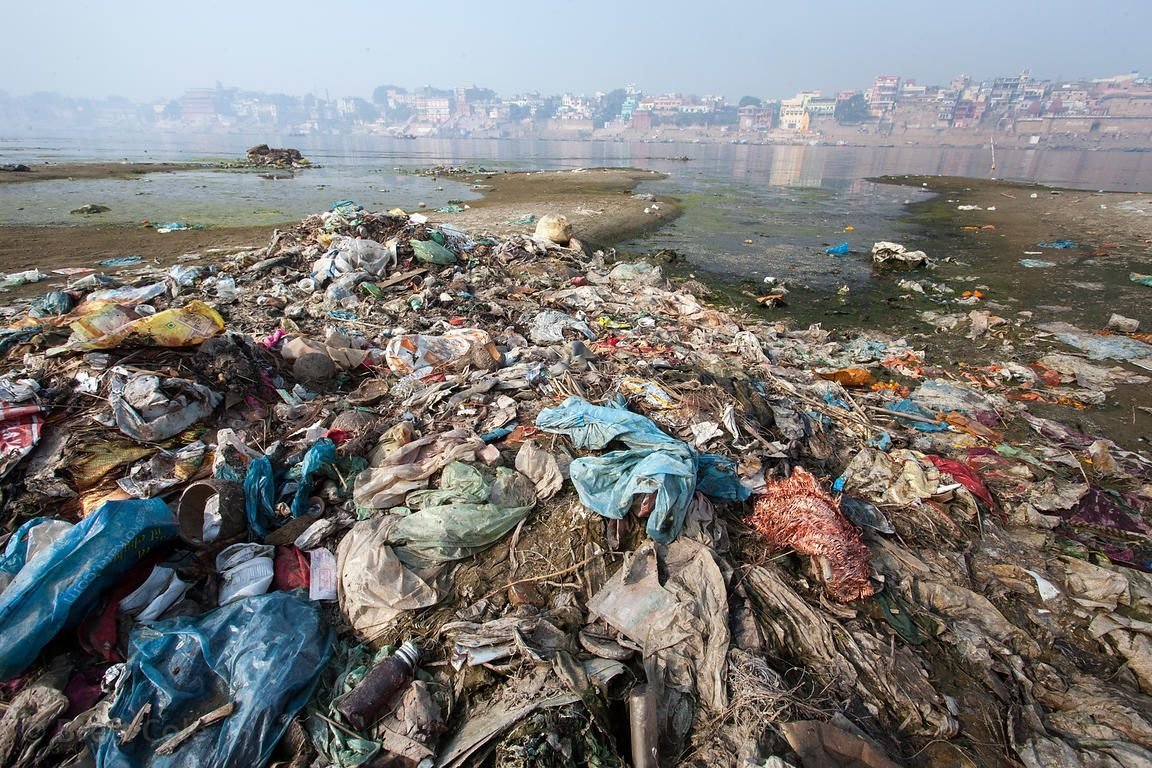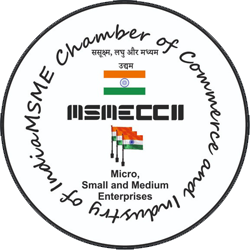Varanasi, the cultural capital of India, has stepped forward to contribute to the global effort of curbing the plastic menace. The ancient city of India has established a unique Plastic Waste Bank to solve the ever-rising plastic problem in the city.
The plastic waste bank, initiated under the PPE model, will serve as a deposit/collection centre for plastic waste, plastic bottles, and other such waste materials which can be exchanged for money. All deposited plastic waste can later be taken up for recycling.
The bank, being operated under a public-private engagement model, is backed by KGN company, and is located at Maldahiya locality in Varanasi. What’s more important is that the Plastic Waste Bank is working under the United Nations Development Programme (UNDP).
Gaurang Rathi, the municipal commissioner of the city, told that a plant with a capacity of 10 MT has been built in the Ashapur district, and approximately 150 ‘safai mitras' are involved in the management of plastic waste. Despite the city's ban on the use of polythene, tetra packs and water bottles are still in use and are disposed of here for recycling.
According to KGN Director Sabir Ali, the city produces nearly two tonnes of plastic waste every day. Plastic waste is collected by the bank's volunteers. Plastic waste is also deposited by the citizens.
The bank does transactions for the plastic waste collected in the following manner: If the amount is less, a person is given a cloth bag or a face mask to replace the plastic waste. People who carry a greater quantity of plastic waste are given money based on the weight of the waste. Used drinking water bottles are purchased at a rate of Rs 25 per kg, while plastic buckets, cans, and mugs are purchased at a rate of Rs 10 per kg, according to Ali. The bank also accepts recyclable items such as cardboard.
The plastic waste collected in this bank is sent to the Ashapur facility, where it is segregated. PET bottles are pressed with a hydraulic machine and collected in the form of bundles, which are then sent to other locations for further processing and recycling.










Leave a reply